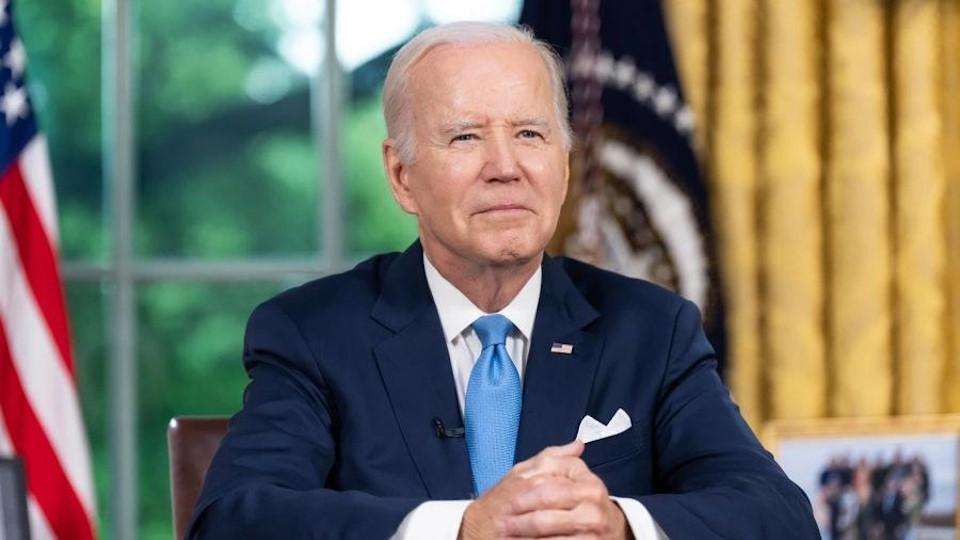White House wins in first Medicare negotiation legal ruling

A judge in a federal court in Texas has thrown out a lawsuit brought by the pharma industry challenging legislation introduced by the Biden administration that allows Medicare to negotiate the prices of some medicines.
Judge David Ezra in the Western District of Texas court dismissed a lawsuit brought by the Pharmaceutical Research and Manufacturers of America (PhRMA) trade organisation, claiming that the negotiations – introduced as part of the Inflation Reduction Act of 2022 – are unconstitutional.
He ruled (PDF) against PhRMA and co-plaintiffs the National Infusion Center Association (NICA) and the Global Colon Cancer Association (GCCA), saying NICA was the only plaintiff resident in Texas, so the complaints brought by PhRMA and GCCA were outside its jurisdiction.
Moreover, as NICA does not make or sell medicines that might come under negotiation, it was also deemed out of scope, and the entire suit was dismissed.
“We are disappointed with the court’s decision, which does not address the merits of our lawsuit, and we are weighing our next legal steps,” said a PhRMA spokesperson.
That could include elevating the case to the circuit court of appeals, although the organisation may not choose to do so to force the Texas court to look at the grounds for complaint, given that ground will also be covered in eight other pending lawsuits filed by PhRMA, drugmakers and other plaintiffs.
The decision doesn’t provide any view on the merits of the arguments posed by the two sides, but nevertheless provides an early fillip for the White House and its wide-ranging efforts to drive down the prices of medicines in the US, which tend to be much higher than in other areas of the world.
Under the IRA, the Department of Health and Human Services (HHS), which oversees Medicare, can negotiate the prices of selected drugs which represent a “high budget impact” and are provided via Medicare Parts B and D. It also introduced other measures, including mandatory rebates on drugs whose prices increase faster than the rate of inflation.
Drugmakers that refuse to reduce prices would either have to withdraw from supplying Medicare or face hefty fines that PhRMA and its co-plaintiffs argued were excessive.
The Texas lawsuit challenged those fines and also claimed that Medicare negotiation violates the premise of “nondelegation doctrine” – in other words, that Congress cannot delegate its legislative powers or lawmaking ability to other entities – and the due process clause of the Fifth Amendment, which require the federal government to pay fairly for a private asset acquired for public use.













